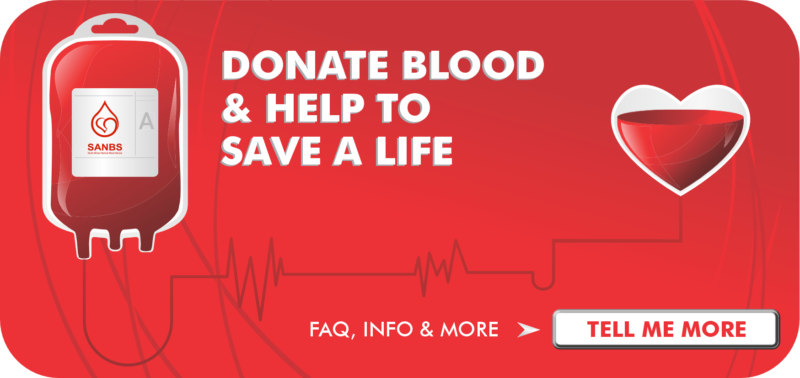Becoming a blood donor – Everything you need to know
IHS Property Management is an official SANBS blood donation supporter. We actively arrange blood donation drives on-site at our complexes for both our tenant’s convenience as well as to help increase the blood levels which is desperately needed.
Because at the end of the day, it’s not just blood… it’s a life!
Did you know…



